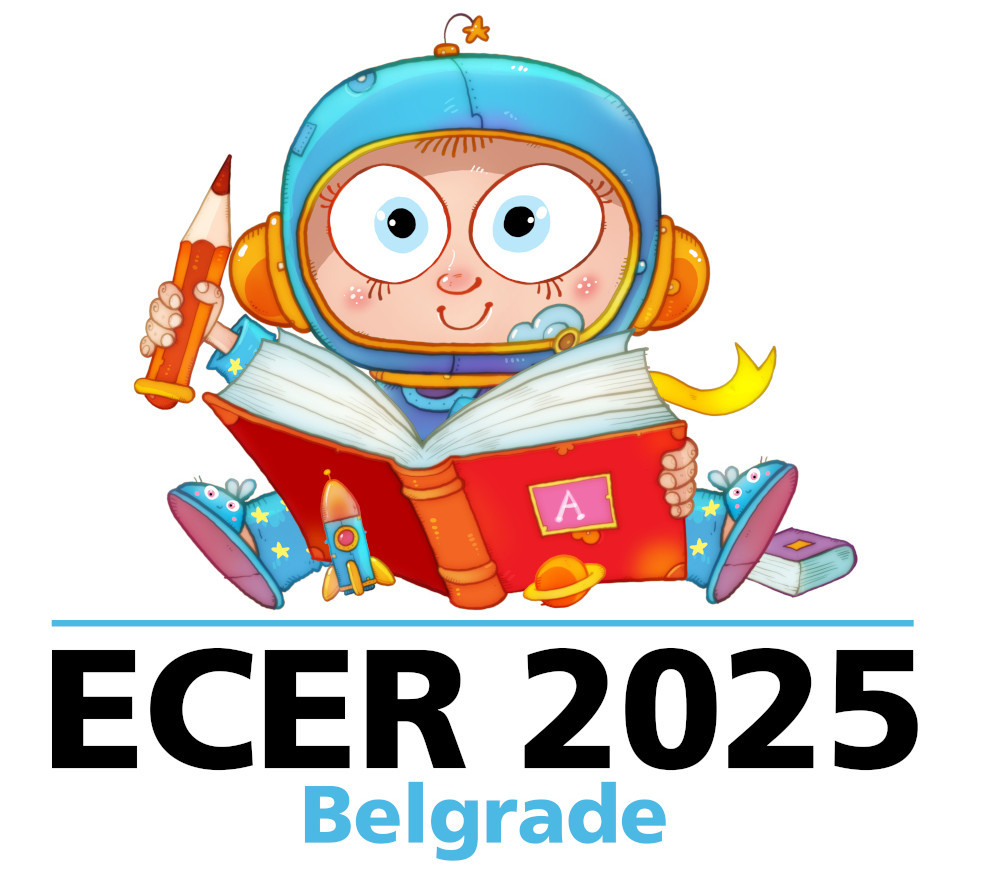- Session: 00 SES 0.5 WS B: Academic Activism – Understanding and Pushing Back Against Hegemony
- Time: 9:30 - 12:00
- Organising Body: NW 4, Inclusive Education
- Facilitator: Olja Jovanović
- Registration Deadline: 25 August
- To register: Please scroll down and click on the link in the green box.
Workshop Description:
In today’s world, power dynamics are starkly visible—whether in the devastation of Gaza or the war in Ukraine. The normalization of the Other as a threat is evident in political rhetoric worldwide, from the speeches of the U.S. president (referring to DEI policies as “tyranny”) to those of Serbian and Hungarian leaders, just to name a few. These narratives send a pervasive message: You are not powerful enough! And they include a warning: Do not risk becoming the Other! These messages reinforce hierarchies, discourage resistance, and deepen divisions between those who belong and those who are marginalized.
This workshop focuses on the nexus between academia and activism. We will question our role as members of the academic education community in today’s context. Academics have to continuously reflect on their role in this context—are we perpetuating or challenging narratives of discrimination, vulnerability, and hegemony in educational biographies, educational institutions and educational policies?
We will share insights from our professional engagements as potential responses to these questions, highlighting the role of education in activism. These include efforts to decolonize curricula and institutions, collaborate across country and disciplinary borders, advocate for marginalized groups, co-create research contexts and enable participatory research activities, amplify student voices through participation, and use teaching and research as tools for conscientization. Academic activism focuses on both transfer of research findings for societal change but also the engagement in transformation processes (e.g., Cann & DeMeulenaere 2020). These examples demonstrate that education plays an important role in shaping societies. However, their impact is often limited by the time lag between teaching, research, and change, as well as by broader power dynamics that extend beyond the educational sphere (Gardner et al., 2021).
Recognizing these challenges, this workshop will explore how the academic community can contribute not only through research and teaching but also through public collective actions that push for social transformation now.
The emergence of collective action, including within academia, is closely tied to narratives. These narratives serve as discursive tools that empower individuals to make choices under uncertainty and exercise agency (Ganz, 2011). Mobilizing narratives, in particular, address critical questions: Why am I addressed? Why are WE involved? And why are we called to act NOW?
This workshop will explore the narratives that have the potential to mobilize the academic community today.
The discussion will center on three key questions:
- Why should the academic community take an active role in critiquing existing structures and proposing new possibilities?
- Which issues can and should mobilize the academic community today?
- What tools, practices, and knowledge can the academic community use to contribute to change?
The workshop will also feature voices from students and university professors involved in the ongoing student protests in Serbia, which call for greater transparency and accountability from state institutions. Although the outcomes of these protests remain uncertain in the moment of submitting the workshop proposal, these experiences serve as a case study of how academic activism can take shape in practice, offering valuable lessons for scholars committed to resistance, advocacy, and structural change.
References
- Cann, C., & DeMeulenaere, E. (2020). The activist academic: Engaged scholarship for resistance, hope and social change. Meyers Education Press.
- Ganz, M. (2011). Public Narrative, Collective Action, and Power. In Odugbemi, S., & Taeku, L. (eds.), Accountability Through Public Opinion: From Inertia to Public Action (pp. 273-289). The World Bank.
- Gardner, C. J., Rowlandson, W., Thierry, A., Steinberger, J. (2021). From publications to public actions: The role of universities in facilitating academic advocacy and activism in the climate and ecological emergency. Frontiers in Sustainability, 2, 1-6.
Requirements - IMPORTANT:
- You are only eligible to attend this workshop if you are registered as participant of ECER.
- Please do NOT register for more than one workshop. We will cancel double bookings.
- Should you not be able to attend, please cancel your reservation, as there might be a waiting list.

Important Dates ECER 2025
01.12.2024 | Submission starts |
31.01.2025 | Submission ends |
01.04.2025 | Registration starts |
01.04.2025 | Review results announced |
15.05.2025 | Early bird ends |
25.06.2025 | Presentation times announced |
30.06.2025 | Registration Deadline for Presenters |
08.09.2025 | ERC First Day |
09.09.2025 | ECER First Day |
Conference Venue
Main Building (Check-in etc):
University of Belgrade
Faculty of Philology
Studentski trg 3
Belgrade

Ed Research in Serbia
While preapring for ECER 2025, read the Blog Post introducing some specifics of educational research in Serbia.
Towards reconnecting within and beyond the educational research community in Serbia